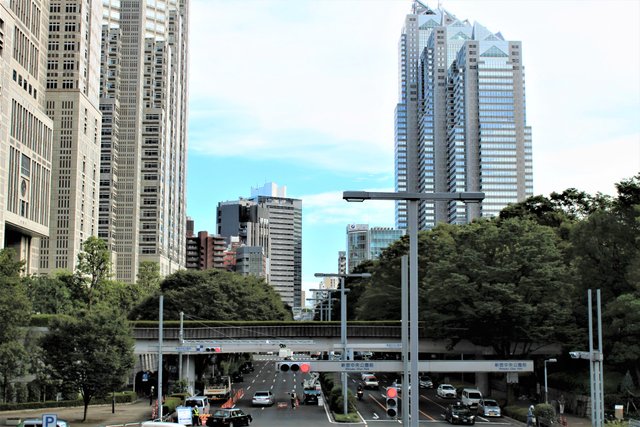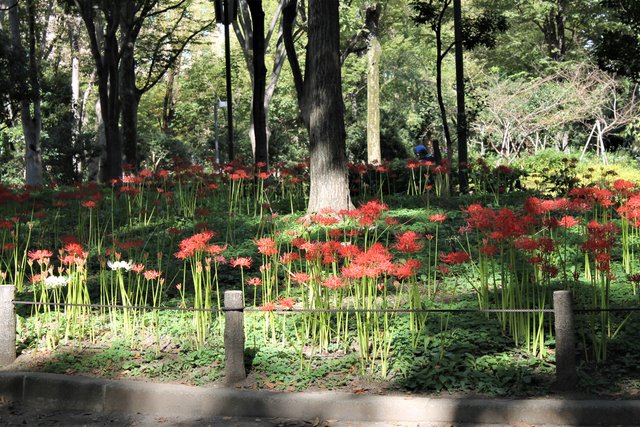【Tokyo,Daily Life】Was the millionaire a serial killer or a meritorious person?
少し長くなります。「世界のどこかの話」として読んでいただければと思います。
This post will be long. Please read it as "a story somewhere in the world".
■
■■
実在したとされる富豪についての話です。
新宿区と中野区に、「長者」という地名が残っていますます。たとえば新宿区と中野区の区界にある下記の写真は「長者橋」。
This is a story about a millionaire who actually existed in Tokyo, Japan, Nakano Ward, and Shinjuku Ward.
The place name The “CHOJYA” remains around in Shinjuku and Nakano Ward. For example, the name of the photo below on the border around between Shinjuku and Nakano is "Chojyabashi".
長者は、通常は裕福な人を意味しますが、ここでの地名において、「長者」は実在した、とある富豪を指します。そしてこの富豪には、恐ろしいエピソードが残っています。
The “CHOJYA” usually means a wealthy person, but in the place name here, the “CHOJYA” refers to a real, millionaire. And this millionaire has a terrifying episode left.
■
■■
「淀橋」は橋の名前でもあり、地名です。「淀橋」とは、日本の有名家電量販店「ヨドバシカメラ」の「ヨドバシ」です(創業時、新宿区淀橋、現在の西新宿に本社がありました)。
"Yodobashi" is also the name of the bridge and the place name. If you have been to Tokyo, you may have heard of the famous Japanese electronics retail store "Yodobashi Camera".
That name came from this place. When this company was founded, it was headquartered in Yodobashi, Shinjuku-ku (now Nishi-Shinjuku).
■
■■
淀橋に設置されたこの古めかしい看板によると、この地名「淀橋」は、江戸時代の将軍、徳川家光によって改名されました。その前、この橋には、不吉な名前がついていました。それは「姿見ずの橋」「いとまごいの橋」これらは「姿が消える」ということを意味します。
According to this old-fashioned near by Yodobashi bridge, the place name "Yodobashi" was renamed by Tokugawa Iemitsu, the third shogun of the Edo Shogunate (reigned 1623-1651). Before that, the bridge had an ominous name. It means "disappearing".
「長者」は手に入れた財産を、人を伴って山に埋めに行っていました。帰ってくるのは富豪ひとり。そう、彼は秘密を知ったそれらの人々を殺して、一人で戻ってきていたのです。
The “CHOJYA” got the wealth and sent it to his servants to bury it in the mountains. On the way, there were those people bringing these, but only The “CHOJYA” came back. Yes, killing those who knew the secret so that he would not know where the wealth was buried.
■
■■
1970年代に西新宿で超高層ビルの建設がはじまり、新宿エリアは激変しました。今は住民も入れ替わっています。区が伝える史実が、昔のできごとを学ぶ手段です。
Construction of skyscrapers began in Nishi-Shinjuku in the 1970s, and the Shinjuku area changed drastically. Residents are also changing now. But we can learn about the historical facts that the ward tells us about the past.
わたしは15年前に引っ越してきた、新しい住民のひとりです。住まいの近所に神社があり、毎朝の散歩コースです。わたしはその神社をその場に建立したのが「長者」だと知りました。
I am one of the new residents who moved 15 years ago. There is a shrine in the neighborhood of my house, and it is a walk course every morning. I know that it was the millionaire who built the shrine on the spot.
わたしのなかで彼は、長年「地域に対する貢献をした人」であったのですが、たまたま淀橋のこの看板で史実を知り、その後は、複雑な気持ちを抱えていました。「長者」は、殺人犯だったのか、地域の功労者だったのか? 今とは人権意識も異なるとはいえ、人が、殺人を犯しながら功労者であることは可能なのだろうかと。
So, for many years he was a "contributor to the community" in me. However, I learned the historical facts from this signboard of Yodobashi, and after that, I had mixed feelings.
Was the millionaire a murderer or a local meritorious person? Although it was an event in an era when human rights awareness was different, such as a clear difference in status, is it possible for one person to murder and the other to be a meritorious person?
■
■■
あるとき、新宿を中心に活動している非営利組織の方と話す機会がありました。地域の歴史に詳しそうな方だったので、わたしは「長者」について、複雑な感情を抱えていることを話してみました。
I had the opportunity to talk to a non-profit organization that operates mainly in Shinjuku. As someone who seemed to be familiar with the history of the region, I talked about the millionaire's feelings of great complexity.
その答えは、富豪はそうした方法で若くして富を築いたが、自分の娘が嫁ぐときになって改心し、悔い改めるために神社を建てるなどした、ということでした。つまり、殺人と神社建立の間には、タイムラグがあったのです。
The answer was that the millionaire made wealth in that way at a young age, but when his daughter married, he converted and built a shrine to repent. In other words, there was a time lag between the murder and the construction of the shrine.
■
■■
仮に若いころの罪であったとしても、そう簡単に罪の意識は消えるものではなく、その富豪はきっと後悔の念に苦しみ、神に祈り続けたのではないかと感じます。
Personally, I don't think it's so easy to lose guilt when you're young. I feel that the millionaire must have suffered regret and continued to pray to God.
心優しく慈悲にあふれた人によるものでなく、おそらく苦しんだ人が行った地域への貢献。そう思うと、その神社への散歩も、そこでの祈りも、その意味合いに深みが増してくるように思えます。
Contributions to the community, probably made by those who suffered, not by those who were kind and compassionate. With that in mind, it seems that the meaning of the walk to the shrine and the prayers there will increase.
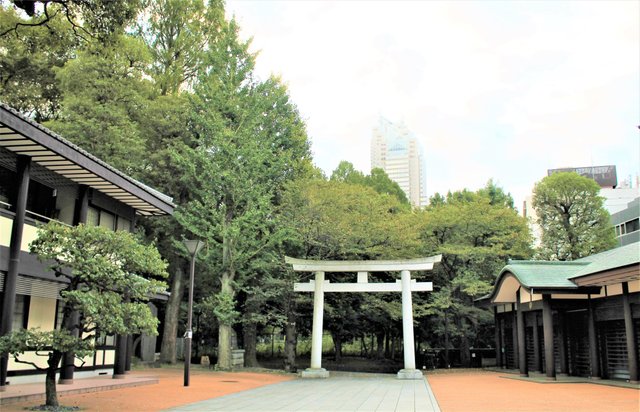
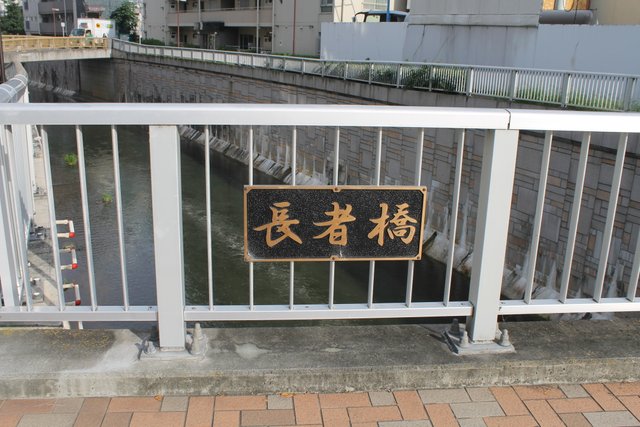
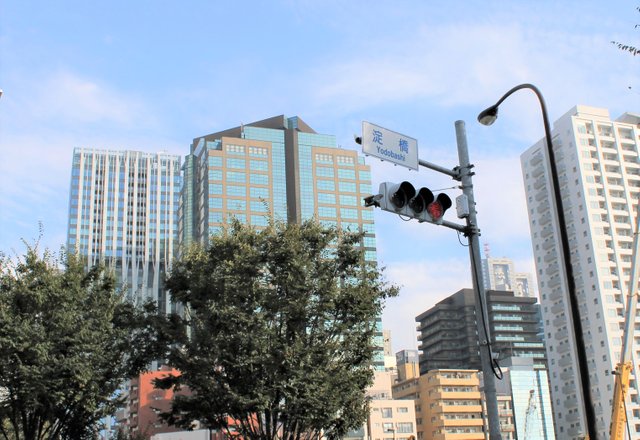
.JPG)
